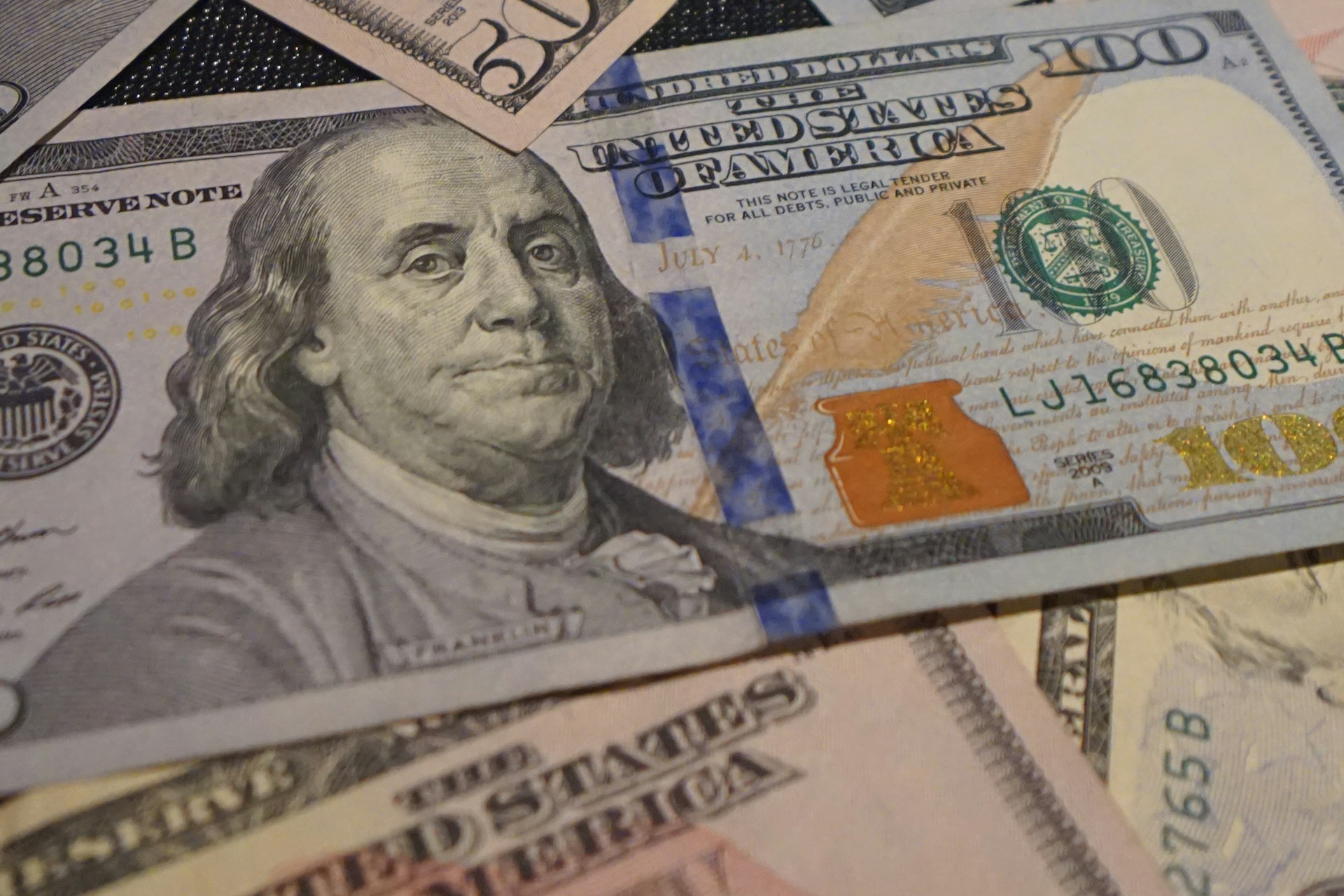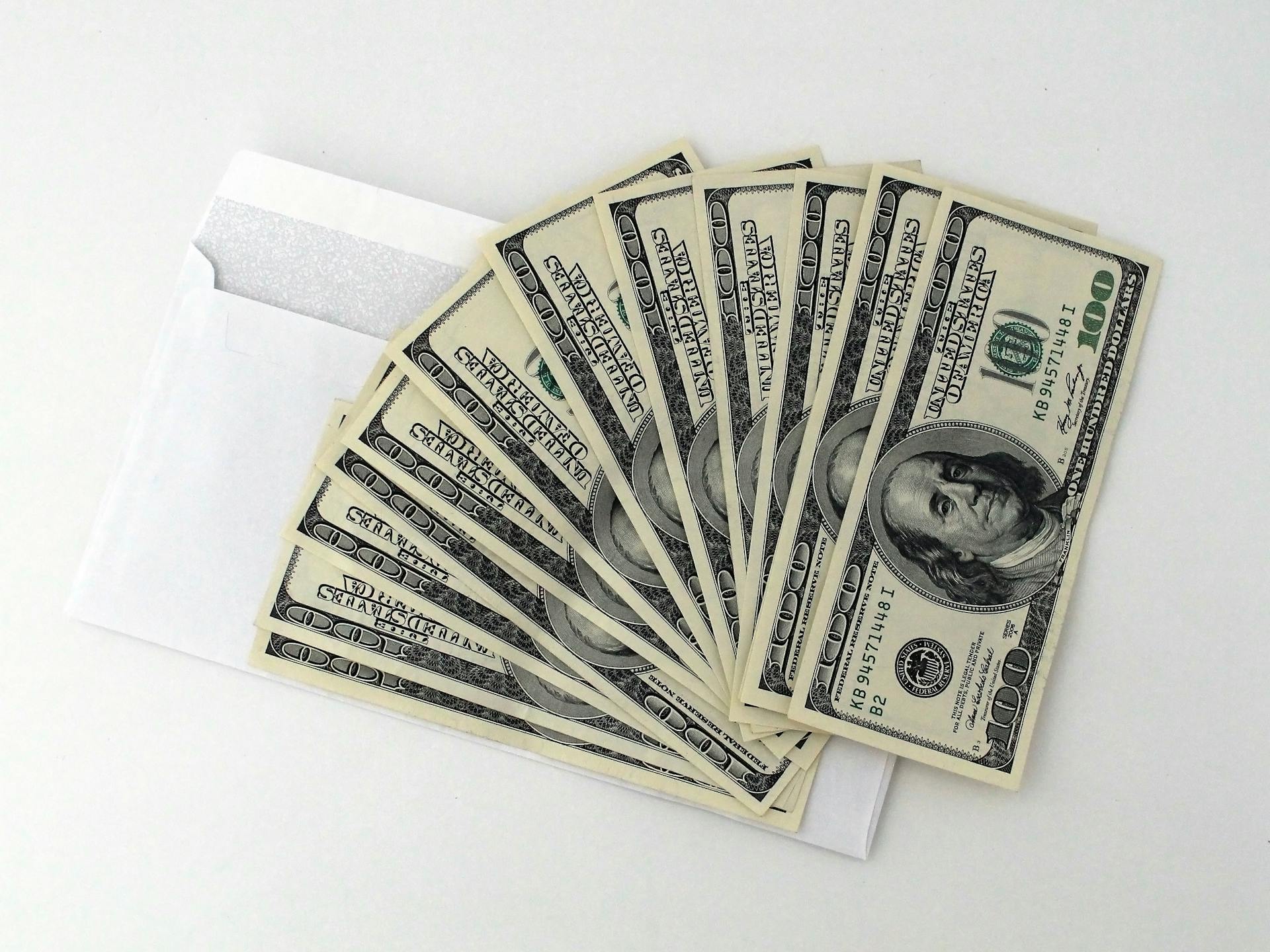Payday loans have a number of advantages that other types of loans do not have. Their main advantages are their simplicity and accessibility, which are unlikely to be offered to you by any other type of loan.
However, as always, payday loans have their downsides and risks. And if you are determined not to consider a payday loan as an option for yourself, then we offer you several alternatives.
What Is a Payday Loan?
A payday loan is a type of loan meant to help those temporarily manage their expenses until their next paycheck. These loans are commonly sought by individuals who encounter unforeseen financial emergencies or unexpected bills. The procedure appears to be simple; the borrower presents evidence of income and issues a postdated check to the lender, in exchange for receiving a cash advance. However, it’s important to note that this convenience comes with significant costs.
These loans frequently have incredibly high interest rates and fees, which can create a never ending cycle of debt that is difficult to break free from. The repayment terms are often quite short and linked to the borrower’s next payday, which can result in a continuous dependence on these loans, making financial difficulties even worse. It is crucial to fully comprehend the intricacies of payday loans before considering them as a potential solution, as their apparent quick fix can have long lasting effects on one’s financial stability.
The Pitfalls of Payday Loans
While payday loans may give an urgent answer to immediate financial problems, they are fraught with risks that might have long-term consequences for your financial health.
High-Interest Rates and Fees
Payday loans are renowned for charging exorbitant interest rates and fees. Annual Percentage Rates (APR) can reach the triple digits, making repayment difficult for borrowers. The loan’s initial relief is sometimes offset by the financial hardship produced by these high costs.
Short Repayment Terms and the Cycle of Debt
Payday loans often have payback terms related to the borrower’s next payday, which is usually within two weeks. This short duration, along with the high expenses, can lead to a debt cycle in which debtors are forced to borrow again to cover past loans. This cycle creates a never-ending circle, putting people in a state of constant financial insecurity.
Negative Impact on Credit Scores
Contrary to popular assumption, payday loans can have a negative impact on credit ratings. Lenders may record delinquencies to credit bureaus in some situations, thereby reducing credit scores. This, in turn, may limit future access to more sustainable kinds of borrowing.
Understand Financial Needs
To effectively explore other options instead of payday loans, it is important to accurately evaluate and comprehend your specific financial needs. This entails differentiating between necessary and non essential expenses, as well as gaining a clear understanding of any short term financial obligations you may have.
- Assessing Short-Term Financial Needs: Determine why you are requesting financial assistance. Is it an unexpected medical bill, a car repair, or another pressing need? The ability to pinpoint the precise requirement provides for a more targeted and effective solution.
- Differentiating Between Essential and Non-Essential Expenses: When money is tight, it’s critical to put needs before wants. Differentiating between necessary and non-essential expenses aids in the development of a realistic budget and determining the necessity of financial support.
- Importance of Budgeting and Financial Planning: Creating a budget can provide you a clear picture of your income, expenses, and possible areas for savings. This proactive strategy not only aids in the management of current financial issues, but it also lays the groundwork for long-term financial stability.
Explore Traditional Loan Options
When looking for alternatives to payday loans, traditional lending options from respectable financial institutions can provide more long-term and reasonable solutions. Consider the following options:
Personal Loans from Banks or Credit Unions
Traditional lenders, such as banks and credit unions, frequently offer personal loans with better conditions than payday lenders. Lower interest rates, longer payback terms, and more transparent fee structures are typical of these loans. It is best to approach these organizations to explore lending solutions tailored to individual financial situations.
Peer-to-Peer Lending Platforms
Peer-to-peer lending services connect borrowers with personal lenders directly. These platforms may provide competitive interest rates and periods. Before making a selection, borrowers can investigate numerous financing options, taking into account elements such as interest rates, payback periods, and lender evaluations.
Considerations for Securing a Loan with Better Terms
A stable income, an average credit history, and a realistic repayment plan may be required to secure a loan with favorable terms. Before committing to any loan, it is critical to carefully research and comprehend the terms and circumstances. Responsible borrowing entails choosing a loan that meets both short-term and long-term financial goals.
Credit Card Alternatives
Credit cards can serve as a viable alternative to payday loans when used responsibly. Here are strategies to consider:
Utilize Credit Cards with Lower Interest Rates
Certain credit cards provide interest rates that are lower than those offered by payday loans. If feasible, it can be more financially efficient to use an existing credit card with a reasonable interest rate for immediate expenses. However, it is important to prioritize paying off the balance as soon as possible to prevent the accumulation of high interest charges.
Introductory 0% APR Credit Card Offers
Introductory credit card offers with 0% APR can offer a temporary break from paying interest. These offers usually have a limited time period where no interest is added to the balance. However, it’s important to have a well thought out repayment strategy in place before the introductory period ends to avoid facing high interest rates.
Responsible Credit Card Use and Management
Using a credit card responsibly means staying within the credit limit, making payments on time and avoiding unnecessary fees. When people manage their credit well, they can establish or maintain a good credit history, which can lead to better credit options down the line.
Community Assistance Programs
If someone is experiencing financial difficulties, there are community assistance programs available that can provide valuable help and relief. These programs are typically offered by non profit organizations, community groups or local government agencies. Here are a few options to consider;
Non-profit Organizations Offering Financial Assistance
Many non-profit organizations exist to assist those in need. These groups may offer short-term financial aid for specific purposes such as rent, utilities, or medical bills. Investigate local charities and non-profits that provide financial support and reach out to them for possible assistance.
Community-Based Resources for Emergency Financial Support
Local community centers, churches, and social care agencies frequently provide programs to assist community people who are experiencing financial difficulties. Food banks, emergency assistance programs, and counseling services are examples of such options. Connecting with these community-based organizations can provide both urgent help and long-term financial planning advice.
Government Assistance Programs
There are numerous government aid programs available to help those in need. Unemployment benefits, housing help, and food assistance programs are examples of such programs. Investigating and applying for applicable government programs can provide critical financial assistance during difficult times.
Building and Repairing Credit
Building and repairing credit is a crucial aspect of long-term financial stability. Here are steps you can take to establish or improve their credit history:
Establishing or Improving Credit History
If you don’t have a credit history, it might be worth considering getting a secured credit card. These cards ask for a cash deposit as collateral and can assist you in establishing a good credit history if you use them responsibly. For individuals who already have credit, making sure to make payments on time and using credit responsibly will contribute to maintaining a positive credit history.
Secured Credit Cards and Credit-Building Loans
Secured credit cards provide a viable choice for people who have limited or unfavorable credit history. Moreover, certain financial institutions offer credit building loans that are tailored to help establish or repair credit. These loans usually come with lower interest rates and aim to encourage responsible credit practices.
Long-Term Benefits of a Positive Credit History
Having a good credit history can open up various financial opportunities, including the possibility of obtaining loans and credit cards at lower interest rates. It also improves your chances of qualifying for conventional loans with more favorable terms, reducing the need to rely on expensive options like payday loans.




